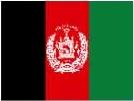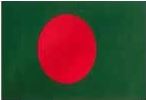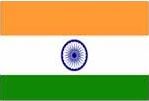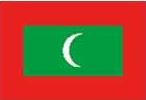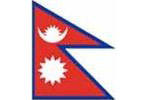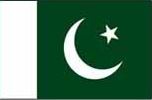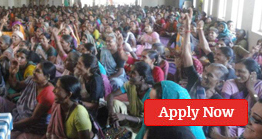You are here
Home » Project Summary » Project Details
Project Period : 3 Years
Project Budget: $6,299,437
Participating Countries
Afghanistan, Bhutan, India, Nepal, Pakistan, Sri Lanka
Beneficiary
30,000 women/ household workers/ farmers will be provided with water for drinking and small scale livelihoods such as home garden cultivation, floriculture, animal husbandry, and food processing etc.
Project Objectives
The objectives of project, inter alia, include:
- Equitable access to safe drinking / household / livelihood water;
- Ensure adequate quantity of good quality of water;
- Identify appropriate/innovative technologies for treatment, restoration and development of sustainable water resource mechanisms ( including financial and social models);
- Open Defecation Free (ODF) declared in targeted areas;
- Promote hygiene and sanitation practices in schools and targeted communities;
- Capacitate Community Based Organizations (CBOs) in management of water and sanitation facilities and promotion of hygiene;
- Promote water based livelihoods and build a cadre/ cohort of women led service providers and
- Experience and knowledge sharing on good practices in SAARC countries.
Expected Outcome(s)/benefits
- Equitable and adequate supply of water will be available at the household level;
- Improved water use efficiency and improved quality of water;
- Integrated local water resources management, with strengthened water infrastructure, based on the country’s context and priority areas;
- Expanded sanitation facilities like toilets in the targeted households or availability of water in the existing toilets;
- Enhanced awareness and understanding amongst the communities, especially, women and girl students on need and practices for sanitation and safe hygiene.
- Schools will become the ‘models’ of cleanliness for the project areas.
- There will be more of women managed and owned social security, and services management ( e.g. women based hand-pump maintenance, Village water supply and sanitation committees for after-care of constructed facilities) systems.
- Feasible technology options adopted to improve the drinking water quality, waste-water disposal- management and safe sanitation and hygiene practices.
- Declaration of ODF in project implementation sites.
- Project implementation areas will be clean, the solid and liquid waste will be disposed properly by each family and community as well
- Exchange programs for experience and knowledge sharing on good practices in WASH, in the SAARC region.
Detail Activities
- Baseline Survey;
- Situation analysis and mapping of resources through community participation;
- Awareness creation and community mobilization;
- SOPs for users; and
- Documentation and dissemination of project.
- Water
- Engineering Survey, design and estimates of the project;
- Procurement of materials for Water Infrastructure;
- Civil work for Water Infrastructure;
- Formation and Capacity building of Users Committee;
- Development and rehabilitation of water sources; and
- Identification and adaptation of appropriate technology.
- Sanitation
- Training and awareness to CBOs, Schools and Communities;
- Training on appropriate approaches / models;
- Construction and modification of sanitation facilities and demonstration units;
- Linkage to government programs;
- Declaration of Open Defecation Free (ODF);
- Build up local level institutional capacity;
- Awareness creation on standards of sanitation; and
- Technology options for toilets
- Hygiene
- Study on socio cultural practices of targeted communities specially women and schools;
- Develop Information, Education and Communication (IEC) materials for Behavior Change Communication (BCC) and
- Adaptation and awareness of appropriate modules on hygiene practices / technology.
- Common Activities at SDF level
- FGD;
- Review workshops; and
- Experience and knowledge sharing visits.
Recent updates
- The project has been approved in the 16th Meeting of SDF Board held in Sri Lanka on 25-27th August, 2013.
- SDF Project Team is in the process of filling in Project Financing Agreements formats, Schedules and finalizing Project Logical Framework.

